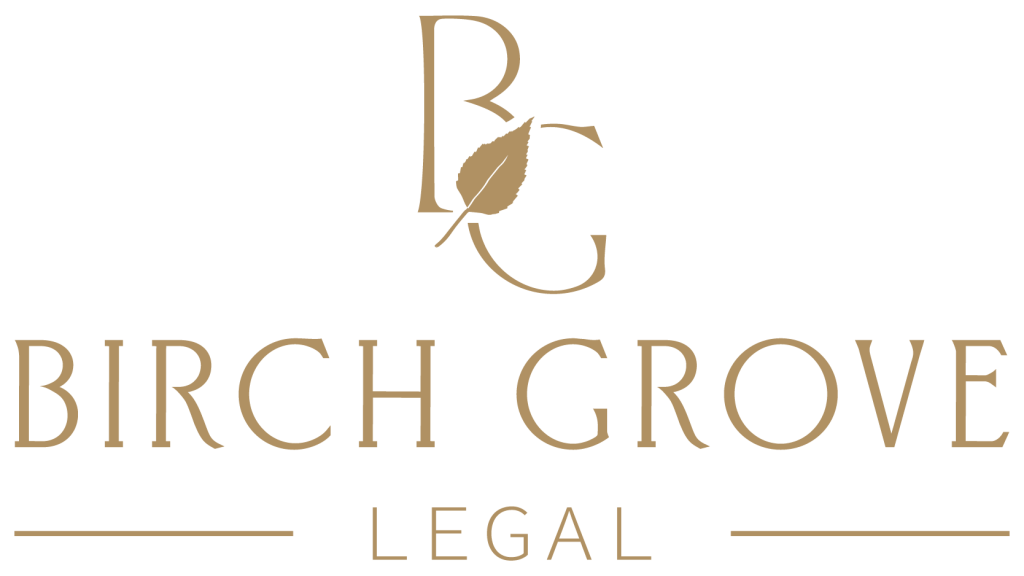Smart Estate Planning to Avoid Taxes — 5 Strategies to Protect Your Wealth

Estate planning ensures your wealth goes to your loved ones — not to the government as taxes. If you don’t plan properly, taxes like estate tax, income tax, and capital gains tax take a huge bite out of what your heirs inherit.
Say your estate is worth $15 million. Without the right planning, your heirs could lose over $500,000 to $1 million in taxes. That’s millions gone to the government instead of your family.
This means if you want your loved ones to inherit the maximum possible value of your assets, strategic estate planning is a must.
In this guide, we’ll share five proven strategies for estate planning to avoid taxes and protect your wealth along with simple ways to apply them.
Major Taxes Associated With Estate Planning

Before we dive into smart estate planning strategies, let’s first look at the types of taxes that could take a big chunk out of your wealth and how they work:
1. Estate Tax
The federal estate tax applies to estates valued above a certain threshold, and it is applied only when the estate owner passes away. In 2024, estates worth more than $13.61 million were subject to estate tax. In 2025, the threshold has increased to $13.99 million. Any amount above this is taxed at rates up to 40%.
Some states also impose their own estate taxes. These states may begin taxing estates worth as little as $1 million, with tax rates ranging from 10% to 20%. Here’s a quick summary:
| State | Exemption Limit | Tax Rates |
|---|---|---|
| Massachusetts | $1 million | 0.8% – 16% |
| Oregon | $1 million | 10% – 16% |
| Maryland | $5 million | 0.8% – 16% |
| Washington | $2.193 million | 10% – 20% |
| New Jersey | $2 million | 0.8% – 16% |
| Connecticut | $7.1 million | 10% – 12% |
| New York | $6.58 million | 3.06% – 16% |
2. Income Tax on Inherited Assets
If your heirs inherit income-generating assets — such as retirement accounts, rental properties, and investment portfolios — they may be required to pay income tax on the money they receive.
For example, if they inherit a traditional IRA or 401(k), they will pay tax on the money they take out of these accounts. The tax rate depends on their income, just like how their own salary is taxed.
In 2024, this rate ranged from 10% to 37%. This means if your heir withdraws $10,000 from an IRA and they fall into the 22% tax bracket, they’ll owe $2,200 in taxes — taking only $7800 home.
3. Capital Gains Tax
When your loved ones sell inherited assets, like stocks or property, they might need to pay a tax on their profit. This tax is called capital gains tax. For example, if they inherit a property worth $300,000, but you originally bought it for $200,000 — they’ll pay tax on the $100,000 gain. The capital gains tax rates for 2025 are 0%, 15%, and 25%, depending on income.
4. Gift Tax
The gift tax applies when you give money or assets over a certain amount. In 2025, you can gift up to $19,000 per person without paying tax.
Gifts over this amount count toward your lifetime limit of $13.61 million. If your total gifts go above this limit, they are taxed between 18% and 40%.
5 Strategies for Smart Estate Planning to Avoid Taxes
Now, let’s look at five solid strategies to help you reduce estate tax and maximize asset preservation.
1. Start Gifting Your Heirs Money Annually While You’re Still Alive
One of the easiest ways to reduce estate tax is to gradually transfer wealth to your heirs through annual gifts. The IRS allows you to gift up to $19,000 per recipient in 2025 without triggering the gift tax.
How to apply this strategy:
- Give tax-free gifts to multiple heirs each year to lower your taxable estate.
- Use 529 education savings plans to transfer wealth while covering college expenses.
- Consider paying tuition or medical bills directly — these are gift tax-exempt.
If you use this strategy consistently, you can transfer substantial wealth over time while avoiding taxation.
2. Use Your Federal Estate Tax Exemption Wisely
Each individual can transfer up to $13.99 million without facing tax penalties. Distribute this wealth wisely.
How to apply this strategy:
- Gift assets during your lifetime to maximize the exemption before potential tax changes.
- Transfer appreciating assets to heirs now, securing their current, lower value for tax purposes.
- If you’re married, use portability to allow your spouse to utilize any unused portion of your exemption.
3. Establish Trusts to Minimize Taxes
A trust is a legal arrangement where one person (the grantor) transfers assets to another person or entity (the trustee) to hold and manage for the benefit of a third party (the beneficiary).
There are different types of trusts with different purposes:
| Type of Trust | Purpose |
| Grantor Trusts | Assets grow tax-free, but taxes are paid by the grantor. |
| Irrevocable Trusts | Removes assets from your taxable estate, protecting them from estate tax. |
| Intentionally Defective Grantor Trusts (IDGTs) | Allows asset transfers without triggering capital gains tax. |
How to apply this strategy:
- Set up trusts to shield assets from high tax rates.
- Use an irrevocable life insurance trust (ILIT) to keep life insurance proceeds out of your taxable estate.
- Consult an estate planning lawyer to determine which type of trust fits your financial situation.
4. Leave Assets to Charity for Tax Benefits
If you give to IRS-recognized charities, the donation becomes tax-deductible — lowering the taxable value of your estate.
How to apply this strategy:
- Set up a charitable remainder trust (CRT) that allows you to receive income from estate assets even after you’ve donated them. After your death, the remaining assets will go to charity.
- Donate highly appreciated assets to avoid capital gains tax. That means more of your money goes to charity instead of the IRS.
- Consider a donor-advised fund (DAF) to distribute gifts over time.
5. Convert Retirement Accounts to Reduce Tax Burden
Traditional IRA and 401(k) accounts are taxed when inherited, often at high rates. If you convert them to a Roth IRA, it helps your heirs avoid paying income tax on withdrawals. A legal advisor can guide you through this process to maximize savings and avoid mistakes.
How to apply this strategy:
- Convert taxable retirement accounts to a Roth IRA so your heirs can make tax-free withdrawals and secure their financial future.
- Withdraw smaller amounts before retirement to lower your taxable income and reduce future taxes. This approach follows a smart financial code that ensures you don’t pay more than necessary.
- Spread conversions over several years to avoid moving into a higher tax bracket. Consulting a business and tax professional can help you strategize effectively.
With the right legal advice, this strategy helps protect your heirs from high taxes and ensures they receive more of your wealth. Institutions like Fidelity or your bank can also provide guidance on structuring these conversions under current law.
How Can an Estate Planning Lawyer Help Reduce Taxes?

A skilled lawyer helps with solid estate planning to avoid taxes. In your first consultation, they’ll evaluate your finances and outline immediate steps and long-term strategies to protect your wealth. They’ll help you:
- Set up legally solid trusts to shield assets from taxation and lower estate taxes.
- Use smart gift-giving to transfer money tax-free and maximize returns.
- Ensure your estate plan aligns with the latest tax laws.
Without a lawyer, mistakes in your plan could lead to tax penalties or loss of wealth. For example, improperly structured mortgage assets may increase taxes on your estate. A lawyer also ensures your plan isn’t foiled by outdated laws.
Secure Your Wealth With Birch Grove Legal
Proper estate planning to avoid taxes requires legal expertise to ensure that your assets are preserved and your estate taxes are minimized.
At Birch Grove Legal, we specialize in creating estate plans that are tailored to your financial goals and help you minimize tax burdens. To take the next step, leave us a message on our website and our experts will be in touch.
Secure your legacy today. Contact us now to begin crafting a tax-efficient estate plan!





0 Comments